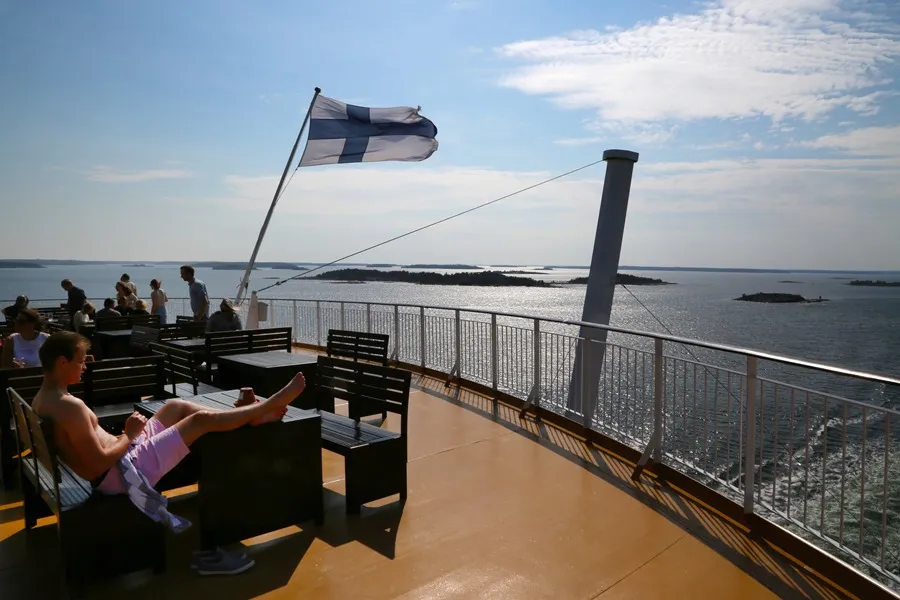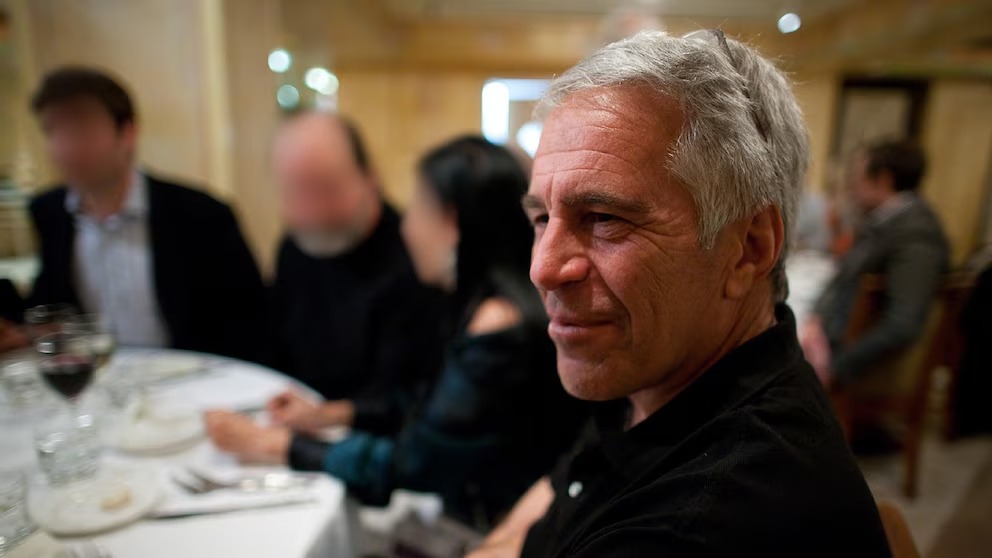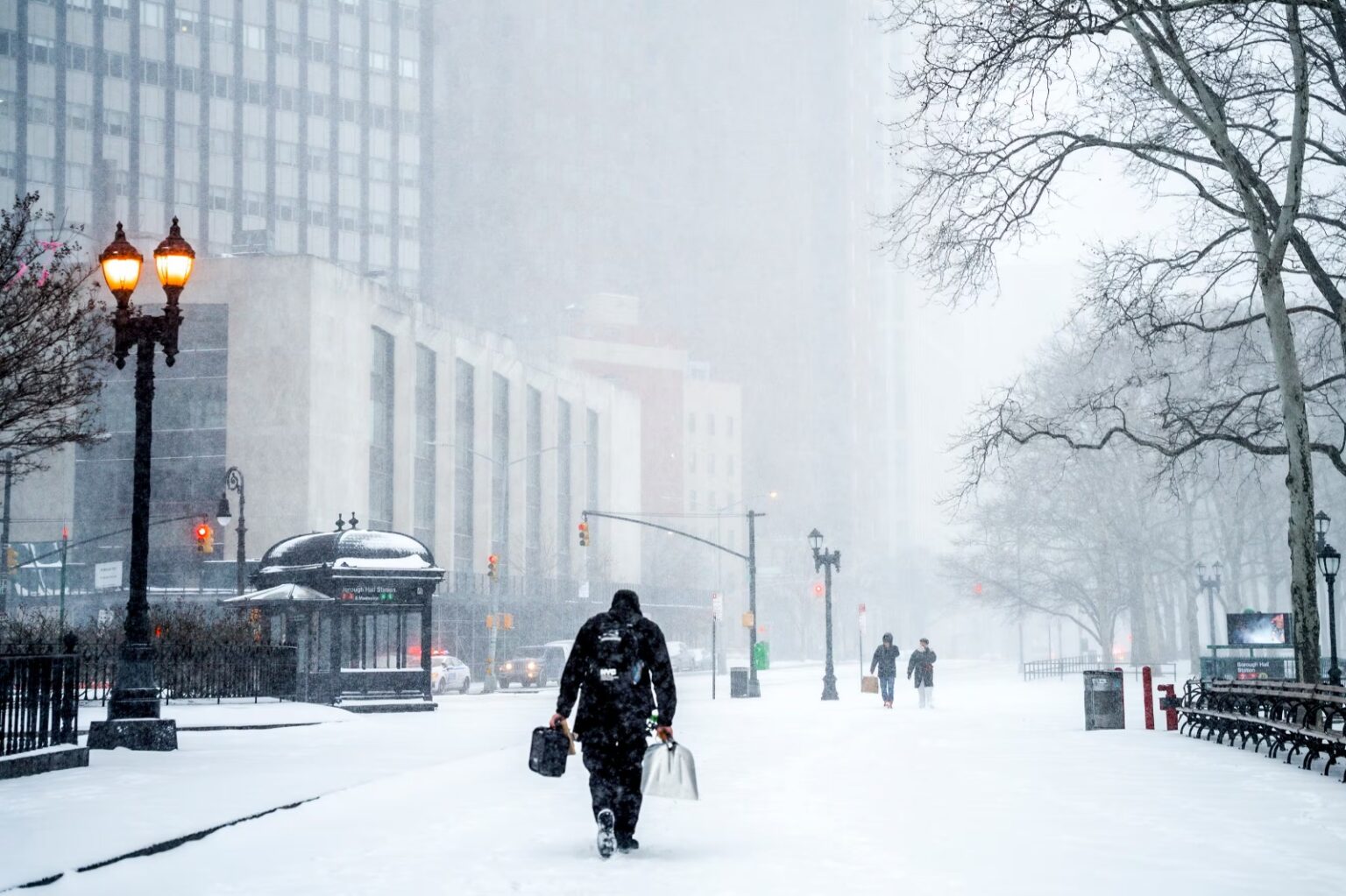International
The Åland archipelago, the last anti-militarist haven of the Baltic

After the entry of Finland and Sweden into the Atlantic Alliance, the entire Baltic Sea basin is occupied by NATO and Russia troops, with the exception of Åland, a picturesque Finnish archipelago of just 30,000 inhabitants that wants to remain the only non-militarized area of the region.
Composed of 6,757 islands and islets, of which only 60 are inhabited, this archipelago is strategically located in the heart of the Baltic, halfway between Turku, the former capital of Finland, and Stockholm, the Swedish capital.
Åland (Ahvenanmaa, in Finnish) is the only autonomous region of Finland and, despite its small population, it has its own parliament (Lagting) and an autonomous government, bodies that manage all competences except for foreign policy, customs and the judicial system.
The relationship of this archipelago with the European Union (EU) is regulated in a protocol that contains special provisions for the purchase of real estate, the right to establish business and the sale of tax-free products to travelers.
But the most peculiar thing about Åland is that international treaties stipulate that it is a demilitarized region, so it is forbidden to establish military bases, deploy troops and even carry out training maneuvers in its territory.
The demilitarization of Åland dates back to 1856, the year in which Russia – to which Finland then belonged – lost the Crimean war against an alliance formed by the United Kingdom, France and the Ottoman Empire.
Following the defeat, Russia was forced to sign the so-called Åland Convention, a document that established the demilitarization and neutralization of the archipelago, which in practice prevented both the fortification of the islands and their use in an eventual war offensive against another country.
Once Finland became independent from Russia in 1917, the Nordic country granted Åland a status of autonomy that guaranteed the right to self-government and to maintain its language (Swedish), its culture and its local customs.
At the same time, Helsinki ratified the provisions contained in the Åland Convention, which were confirmed by the international community in the Treaty of Paris of 1947 that followed the Second World War.
While militarism spreads throughout Europe as a result of the Russian invasion of Ukraine and many countries increase defense spending, accelerate the purchase of weapons and consider restoring compulsory military service, in Åland they prefer to maintain their status as a demilitarized region.
“I would say that a very clear majority of Åland residents believe that this solution is something that has been very useful in the past and that it will also be useful in the future,” Johan Ehn, representative of the autonomous region in Helsinki, said in an interview with EFE.
Ehn admits that the bellicism of Russia, a country with which Finland shares 1,340 kilometers of border, has aroused some fear among the population of the archipelago, although he does not believe that it is greater than in other European regions because it cannot deploy troops on its islands.
“We have a neighbor to the east – Russia – who is behaving very seriously, and it is clear that in Åland we are worried and that there is also some fear about it, but neither more nor less than in other parts of the country, in Scandinavia or in Europe,” he said.
In any case, the demilitarization of the archipelago – Ehn maintains – would not prevent an eventual sending of Finnish and even NATO troops to defend Åland under certain circumstances, for example in the event of a hypothetical Russian attack.
“In Åland people know that there are systems to tackle the defense, so they are safe and satisfied with this solution.
And especially considering that Finland and Sweden are now members of NATO, we feel even safer,” he stressed.
Some Finnish politicians have criticized the maintenance of Åland’s status at a time of serious tensions with neighboring Russia, but neither the Finnish State, nor Sweden nor NATO have shown – at least for the time being – any willingness to change it.
When Finland decided to break with eight decades of military neutrality and apply for entry into the Alliance, the former Finnish president, Sauli Niinistö, commissioned a report to the Foreign Ministry on the issue of Åland.
This report, published last year, concludes that the current status is beneficial for Finland and that Helsinki must respect international treaties, so at the moment there is no possibility of abolishing the demilitarization of the archipelago.
International
Epstein Denies Being ‘the Devil’ in Newly Released Video Interview

Jeffrey Epstein claims he was the least dangerous type of sex offender and denied being “the devil” in a video interview included in the latest batch of documents released over the weekend by the U.S. Department of Justice.
The roughly two-hour interview was conducted by Steve Bannon, a former adviser to U.S. President Donald Trump, and appears to have been recorded at the late financier’s New York residence on an unknown date.
Epstein died by suicide in 2019 while in jail awaiting trial on sex trafficking charges involving minors. Since December, the U.S. government has released millions of documents related to the case under transparency laws.
“Do you think you’re the devil incarnate?” Bannon asks Epstein in the video interview revealed in the latest release.
“No, but I do have a good mirror,” Epstein replies with a smile, wearing a black shirt and glasses. When pressed again, he adds, “I don’t know. Why would you say that?”
Epstein, who pleaded guilty in 2008 to soliciting a minor for prostitution, also appears to downplay the seriousness of his conviction.
He objects when Bannon refers to him as a “Level Three sexual predator,” a classification in the United States indicating a very serious threat to public safety.
“No, I’m the lowest,” Epstein says.
“But still an offender,” Bannon responds.
“Yes,” Epstein replies.
The exchange comes after Bannon asks Epstein whether he considers his wealth to be “dirty,” suggesting it was earned by advising “the worst people in the world.”
Epstein insists that he made his money legally, while acknowledging that “ethics is always a complicated issue.”
He claims he donated money to help eradicate polio in Pakistan and India, apparently in an attempt to justify the origins of his fortune.
The documents also show that Bannon maintained regular correspondence with Epstein, who offered to help the far-right political figure spread his conservative ideology in Europe.
Since Trump took office in January 2025, U.S. authorities have released millions of pages related to Epstein, along with photos and videos.
These materials have shed new light on Epstein’s ties to high-profile business executives such as Microsoft co-founder Bill Gates, celebrities including filmmaker Woody Allen, and academics and political figures, among them Trump and former President Bill Clinton.
International
Hypothermia Linked to Most Deaths During New York’s Recent Cold Spell

Hypothermia “played a role” in 13 of the 16 deaths recorded in New York City during the recent period of extreme cold, Mayor Mandami said at a press conference. Three of the deaths were classified as drug overdoses.
None of the individuals were sleeping on the streets at the time of their deaths, the mayor added, noting that some had previously been in contact with emergency shelter services.
Mandami said the city has activated emergency warming centers and deployed a fleet of 20 vehicles staffed with medical personnel to respond to the cold weather crisis.
“As of this morning, we have made more than 930 referrals to shelters and safe facilities. We have also involuntarily transported 18 New Yorkers who were deemed a danger to themselves or others,” he said.
According to official statistics, New York City recorded between nine and 27 cold-related deaths per year from 2005 to 2021. That number rose to 34 in 2021 and climbed further to 54 in 2022.
City Comptroller Mark Levine estimated that there are “tens of thousands” of homeless New Yorkers, “most of them families with children.”
He said that “nearly 95%” of the city’s homeless population lives in municipal shelters.
In August 2021, those shelters housed 44,586 people, the “lowest daily population in nearly a decade,” according to official data.
However, the shelter population increased from 22,955 to 62,679 people between January 2000 and January 2020, highlighting the long-term growth of homelessness in the city.
International
NFL Investigating Emails Linking Giants Executive to Jeffrey Epstein

NFL Commissioner Roger Goodell said on Monday that the league will “examine all the facts” regarding contacts between New York Giants co-owner Steve Tisch and Jeffrey Epstein, revealed in documents recently released about the late convicted sex offender.
The batch of files, made public on Friday by the U.S. Department of Justice, includes emails suggesting that Epstein introduced several women to Tisch.
Tisch, a film producer who has never been charged in connection with Epstein, issued a statement last week denying any wrongdoing.
“I had a brief relationship in which we exchanged emails about adult women, and we also discussed film, philanthropy, and investments,” Tisch said of his correspondence with Epstein, which dates back to 2013.
“I did not accept any of his invitations and never went to his island. As we all now know, he was a terrible person and someone I deeply regret having associated with,” he added.
Speaking at a press conference in San Jose, California, on Monday, Goodell said the NFL would carefully review the details of the ties between Tisch and Epstein.
“We’re going to examine all the facts,” the commissioner said. “We’re going to look at the context of those exchanges, try to understand them, and see how that fits within the league’s policies.”
Tisch, 76, could face disciplinary action under the NFL’s strict personal conduct policy, even if he is not found guilty of a crime.
“We’re going to take this step by step. First, let’s gather all the facts,” Goodell said at the press conference, which was part of the events leading up to Sunday’s Super Bowl between the Seattle Seahawks and the New England Patriots.
-

 Central America4 days ago
Central America4 days agoPanama Supreme Court Strikes Down Panama Ports Concession as Unconstitutional
-

 Central America4 days ago
Central America4 days agoU.S. and Guatemala Sign Trade Deal Granting Zero Tariffs to Most Exports
-

 International3 hours ago
International3 hours agoSpain Seeks to Ban Social Media Access for Children Under 16
-

 International3 hours ago
International3 hours agoMexico to Send Humanitarian Aid to Cuba Amid U.S. Threats Over Oil Shipments
-

 Central America2 days ago
Central America2 days agoCosta Rica Goes to the Polls as Voters Choose Continuity or Change
-

 International2 hours ago
International2 hours agoHypothermia Linked to Most Deaths During New York’s Recent Cold Spell
-

 International3 hours ago
International3 hours agoPetro Resumes Extraditions, Sends Top Criminal to U.S. Before White House Talks
-

 International2 hours ago
International2 hours agoEpstein Denies Being ‘the Devil’ in Newly Released Video Interview
-

 International3 hours ago
International3 hours agoMexico Arrests Suspect in Shooting of Sinaloa Lawmakers
-

 Central America3 hours ago
Central America3 hours agoLaura Fernández Says She Will ‘Never’ Allow Authoritarianism in Costa Rica
-

 International3 hours ago
International3 hours agoNFL Investigating Emails Linking Giants Executive to Jeffrey Epstein


























